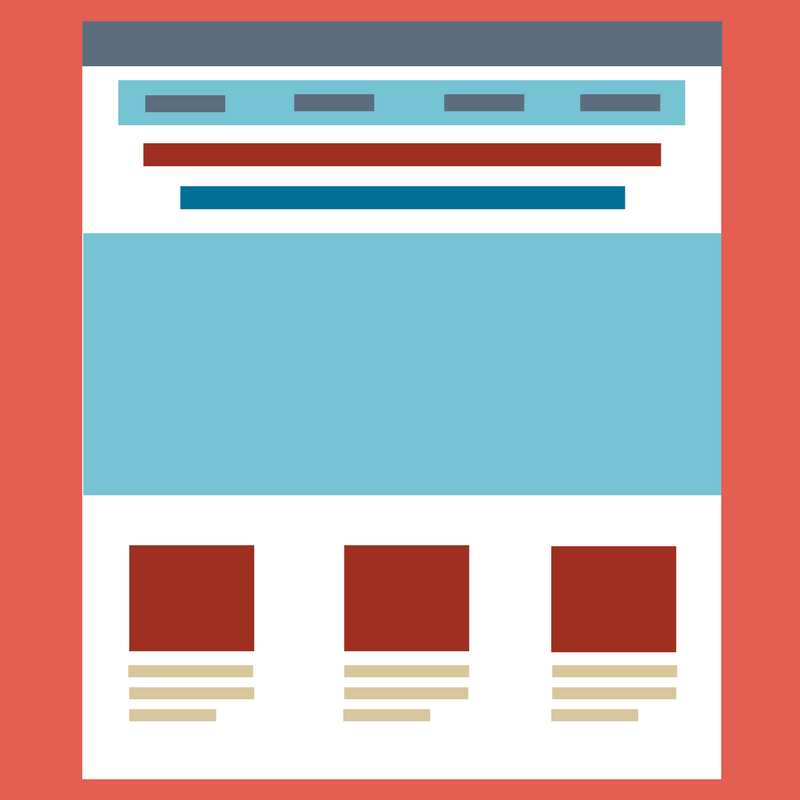
If you operate in the digital space and have a web presence, chances are, you know what a landing page is. If you don’t; a landing page is a “standalone web installation distinct from your main website that has been designed for a single focused objective.” You may be asking yourself, “Should I be using one?” While there are exceptions to every rule, in most instances that you are trying to capture leads, I would argue, yes.
If you are debating whether or not to implement a landing page, hopefully the insights below can help you make a decision.
1. Heightened Conversion Rates:
Landing pages are extremely targeted and specific to their purpose. When visitors are directed to one, they get exactly what they are looking for. This direct correlation is a boon to conversion rates. When the purpose of a landing page matches the intent of the upstream element that took a visitor to it, the chances of follow through are much higher than on a normal site. Put simply; when you do what you say you’re going to do, people follow through on their end too.
2. Hyper Specific and Solely Focused:
The best way to envision the advantages of the specificity of landing pages is to consider a visitors typical site journey. When someone is traveling to the home page of your website versus a landing page, their path to get there and ultimate impressions of each are quite different. The homepage is very general and must introduce the visitor to a multitude of topics. The landing page only has one job and that is to convert the click to action. This mirroring of upstream element (link to landing page) and end target content is crucial in ensuring follow through. Most visitors only spend a couple seconds on a page before leaving, if their click is not reinforced with a matching headline or purpose.
3. Concise and Unobtrusive to the Rest of Your Site:
As landing pages are standalone installations, they do not need to bother or interrupt your main website. This is advantageous for several obvious reasons, but one that flies under the radar is the benefit of not having a landing page linked to your homepage. Once you attract a visitor to a landing page, you want them to stay there until they have taken action. Whether that is to call a number, enter their e-mail address, or download a file, you want to present them with as few options (or means of escape,) as possible. For this reason, when designing a landing page, it is actually important that it does not link back to the homepage. You want your visitors to have a focused path to follow through on the action that the landing page was designed for.
4. Temporary:
As we have mentioned before, landing pages are created for specific purposes or events. For this reason, they don’t have to stick around forever. This gives you ultimate flexibility with their design and rollout. The world of digital marketing is built around testing and trying multiple approaches to a certain problem. With some installations this is harder than others, but landing pages make this strategy very easy. Implementing a new landing page can be done easily and quickly. Once it is live, if you are not achieving the results you want, it is easy to alter your approach and try again. This is maybe the largest difference between landing pages and traditional websites.
Landing pages can be implemented for a variety of reasons and are successful at varying levels, depending on the task at hand. Due their effective conversion rates, hyper specific targeting, and concise and temporary nature, they are an element that is easily developed and should be at least considered or tested if you’re looking for a way to capture new leads.
For additional thoughts on creating a positive customer journey, check out this initiate-it blog post.
Posted by Tom Hinkes who dances poorly, eats worse, and is a shameless supporter of the New York Yankees. He is also the Content Marketing Writer at initiate-it, a digital first, full-service agency located in Richmond, VA.

